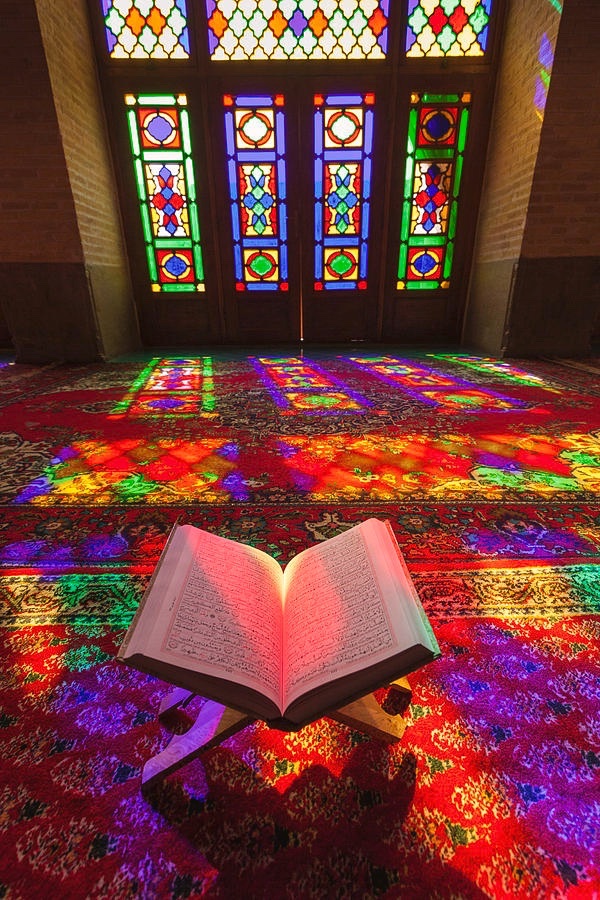
I heard Abū al-Ḥasan as-Salāmi say: A shaykh asked Fāṭima al-Barda‘iyya about the statement of the Prophet (may God bless and preserve him) relating [a saying] from his Lord: “I am the Companion of the one who remembers Me.”
(1/3)
(1/3)

After he had argued with her about the meaning of the tradition for some time, she said: “No. Complete remembrance of God means that you witness yourself being remembered by the One you are remembering,
(2/3)
(2/3)
while maintaining constant remembrance of Him. Therefore, your remembrance is annihilated in remembrance of Him, whereas His remembrance of you persists beyond place and time.”
(3/3)
(3/3)
• • •
Missing some Tweet in this thread? You can try to
force a refresh










